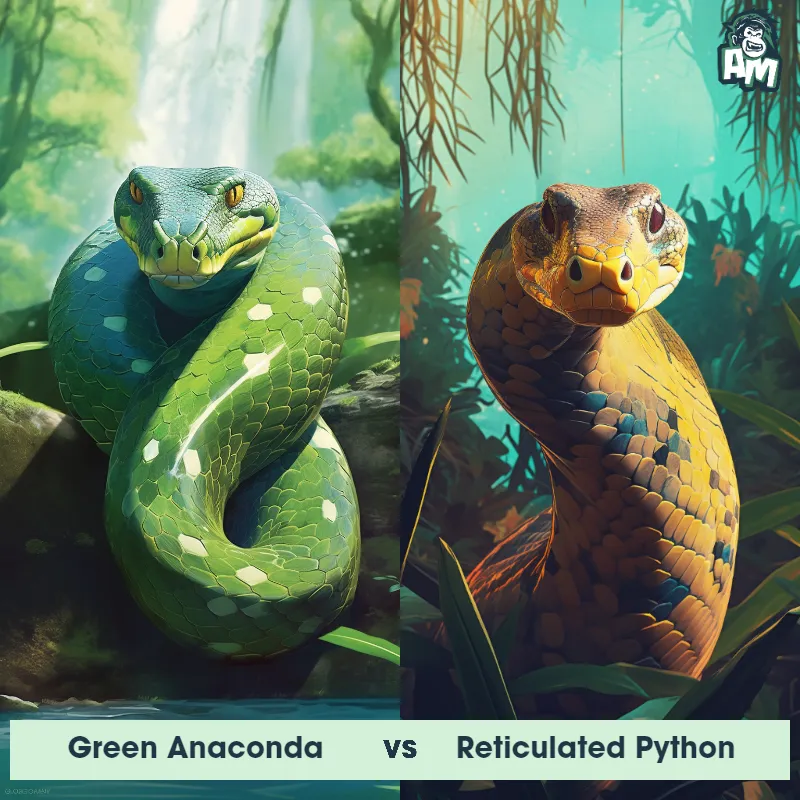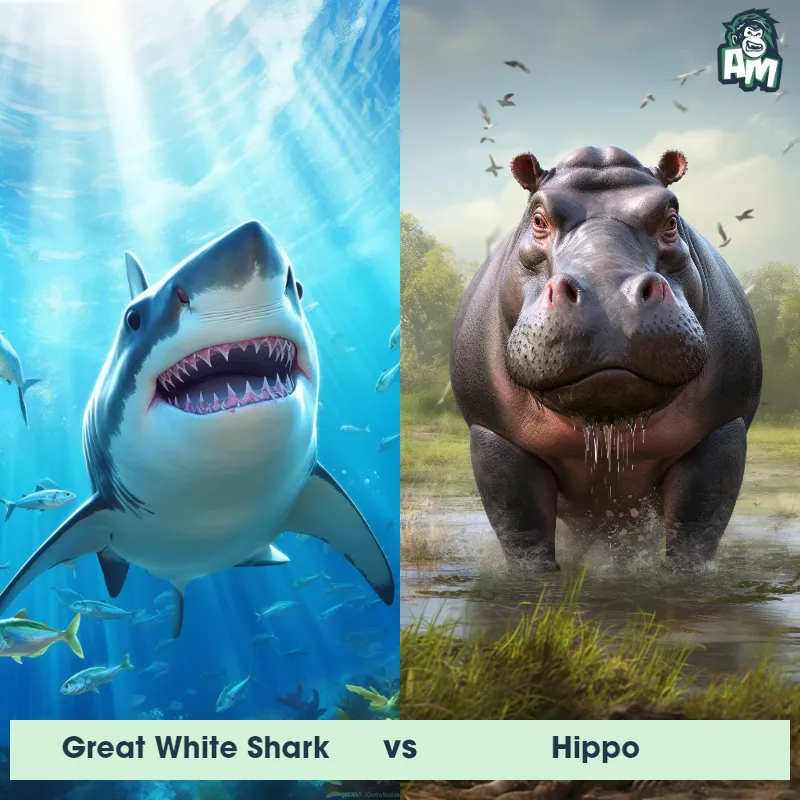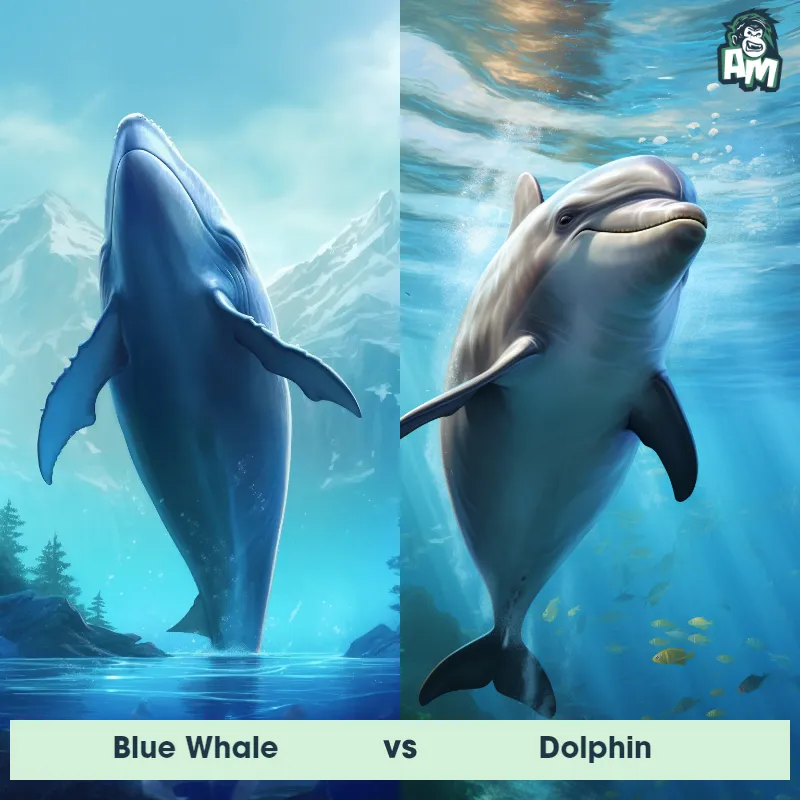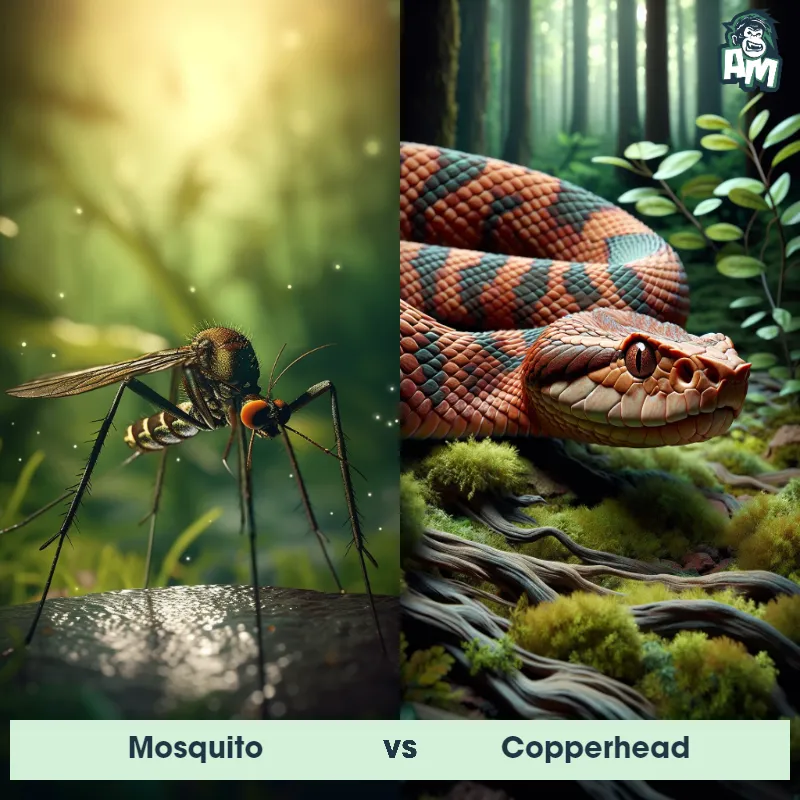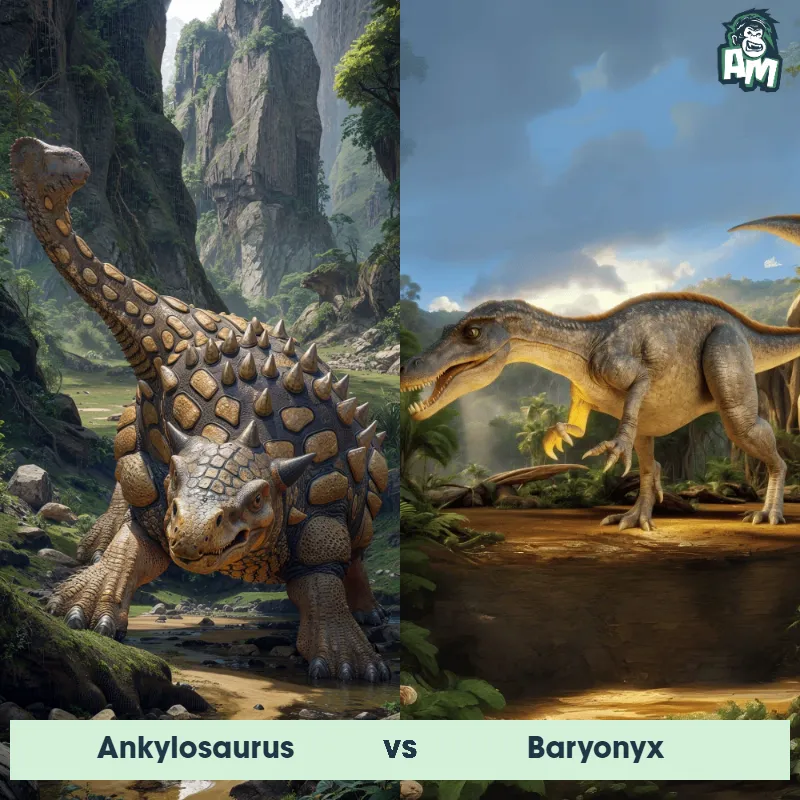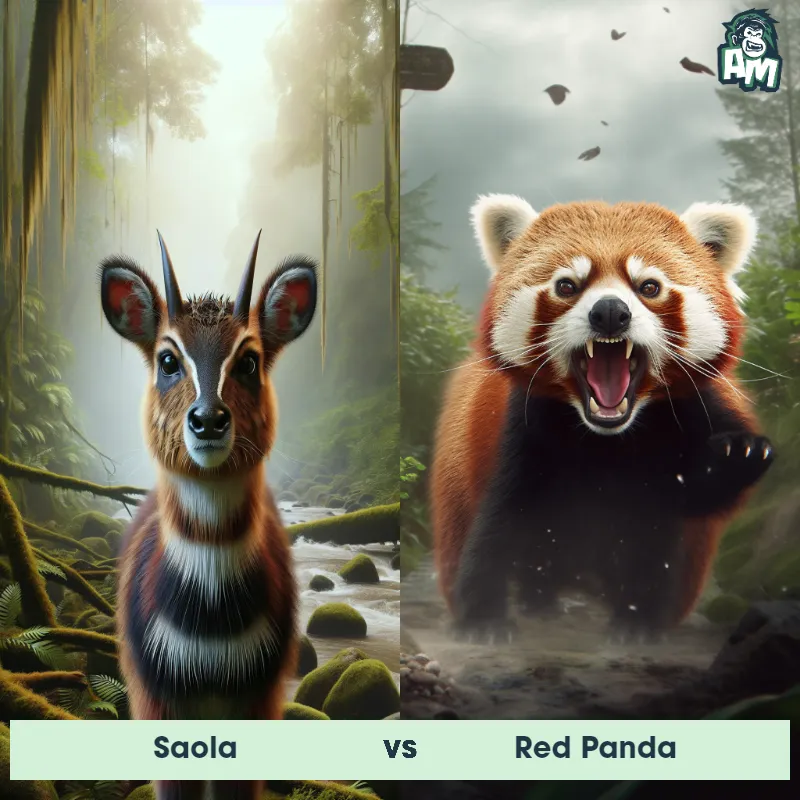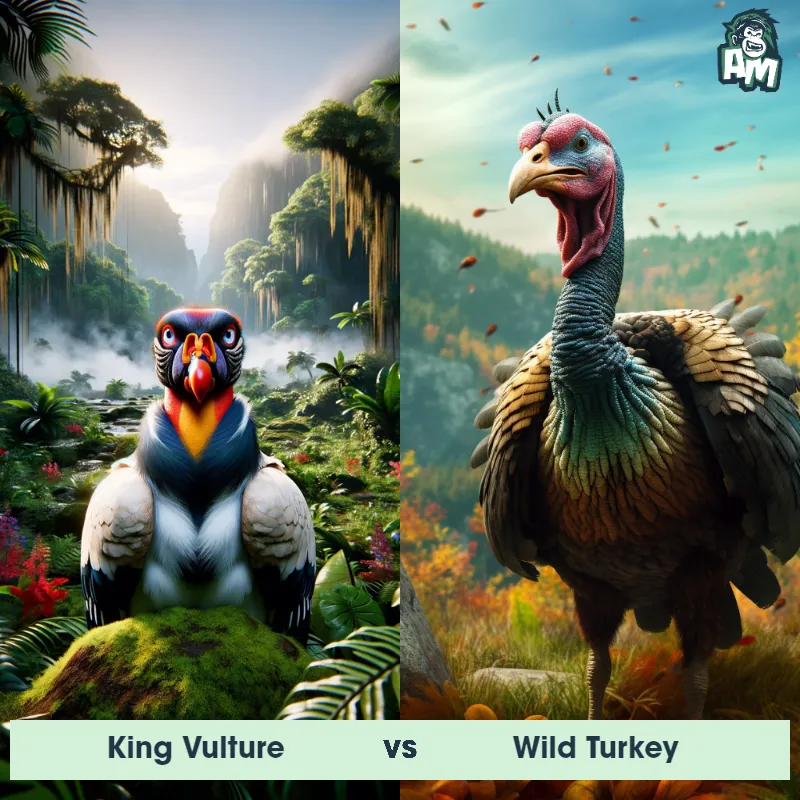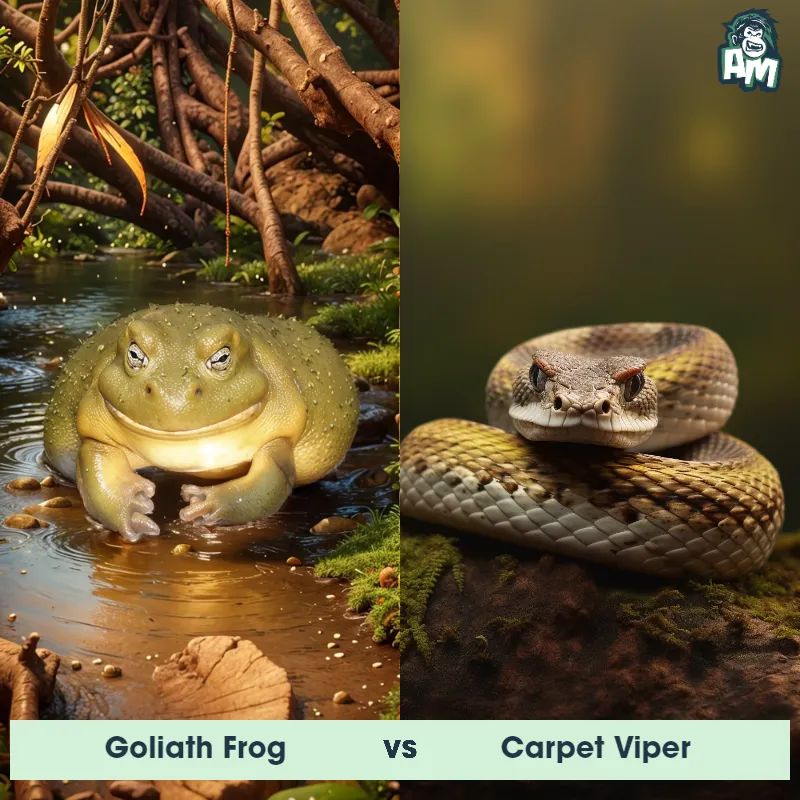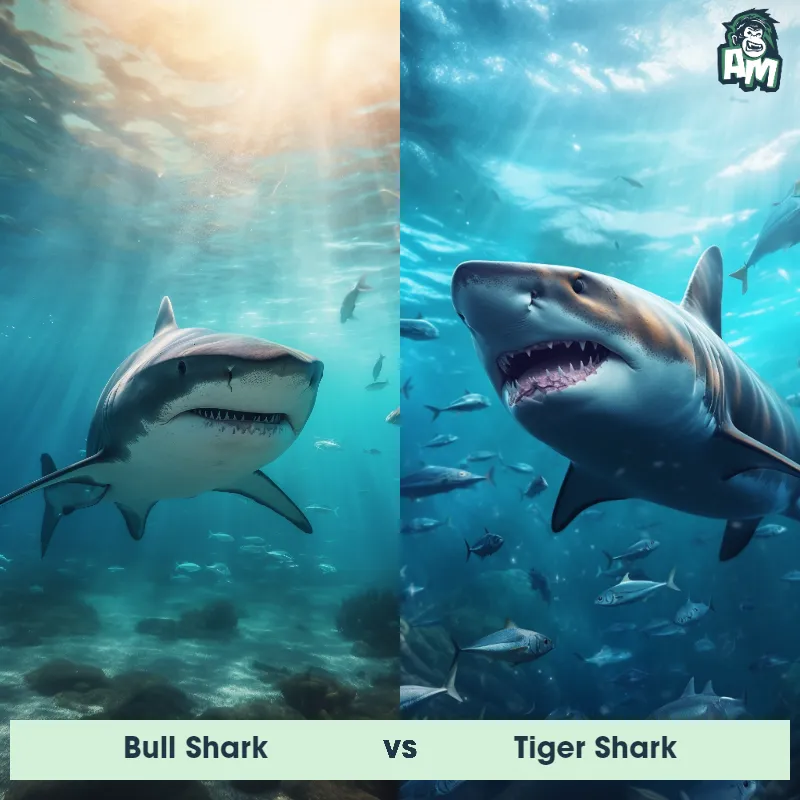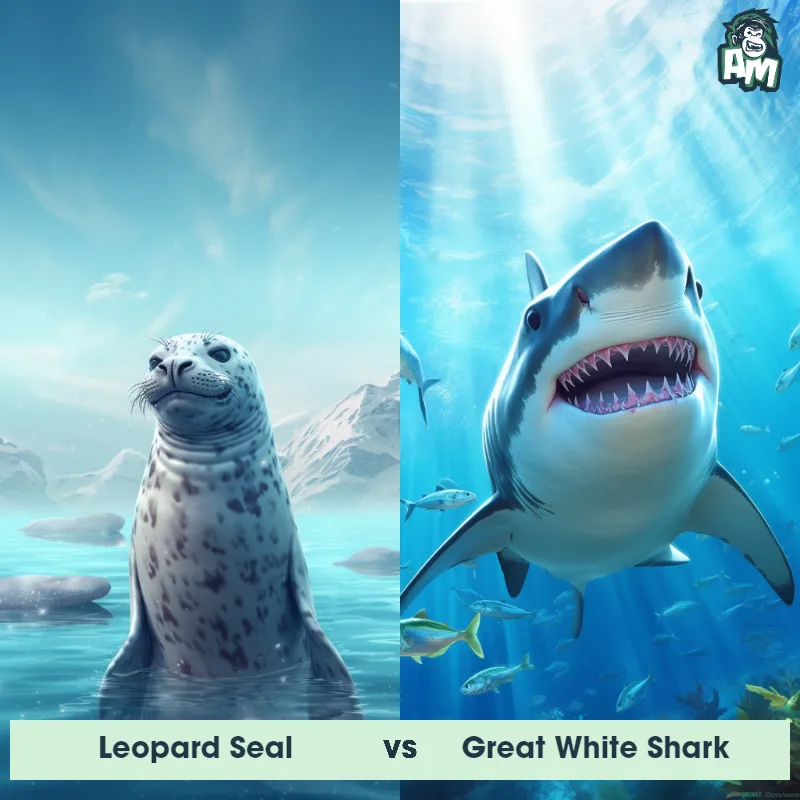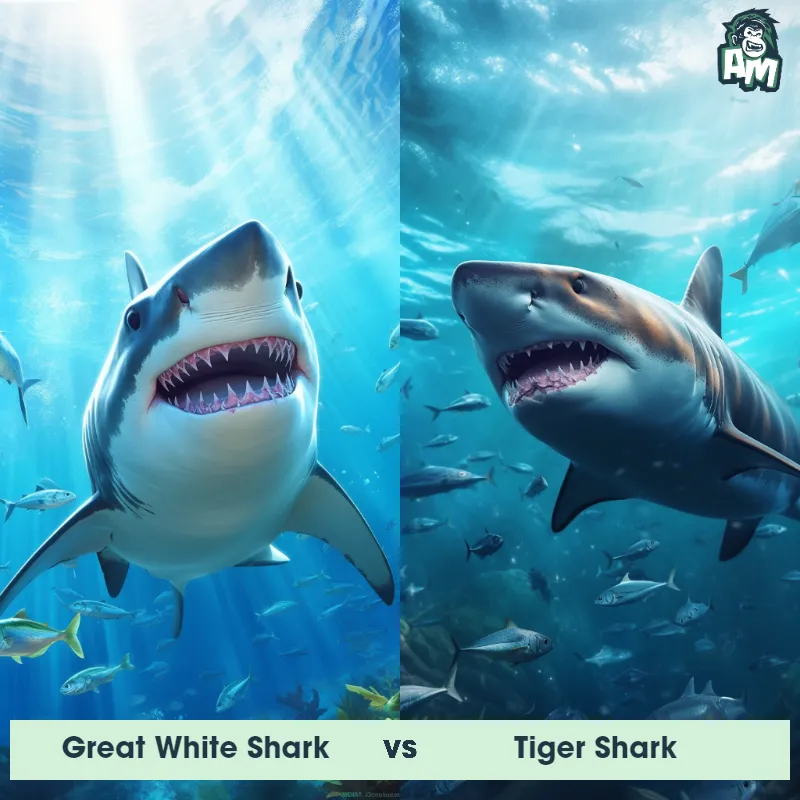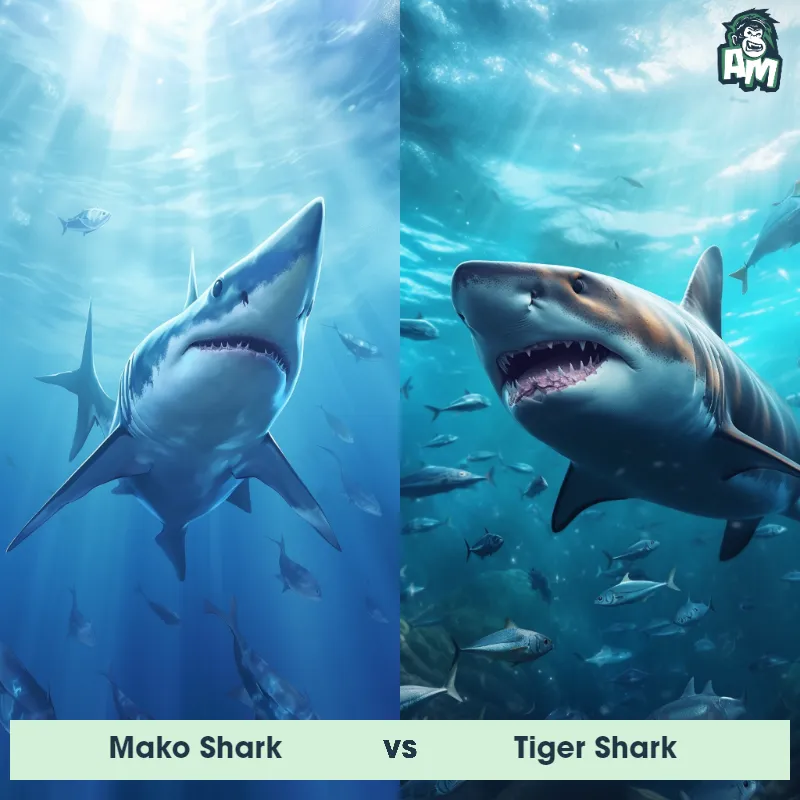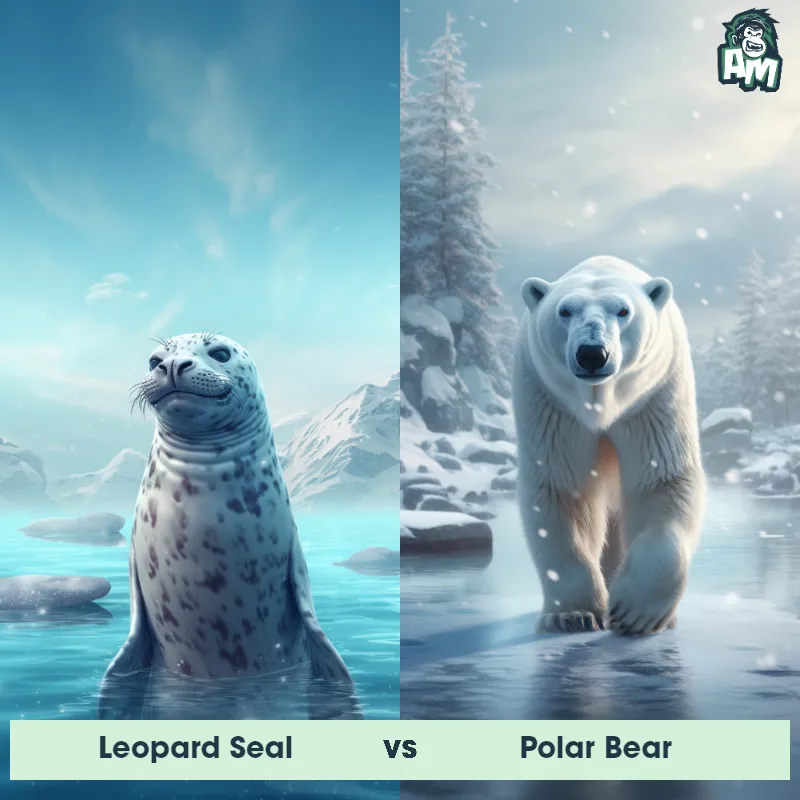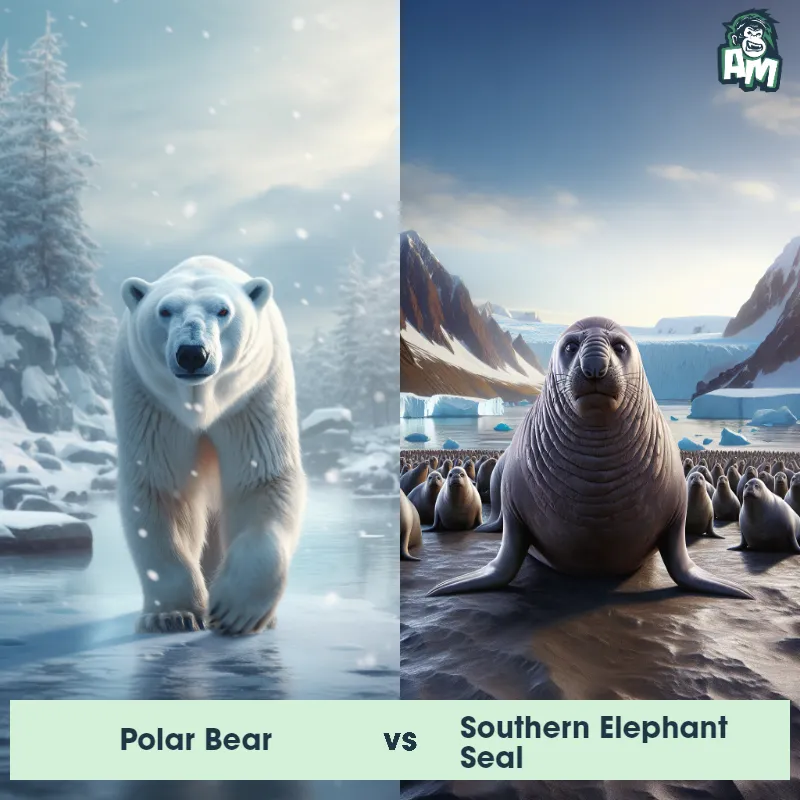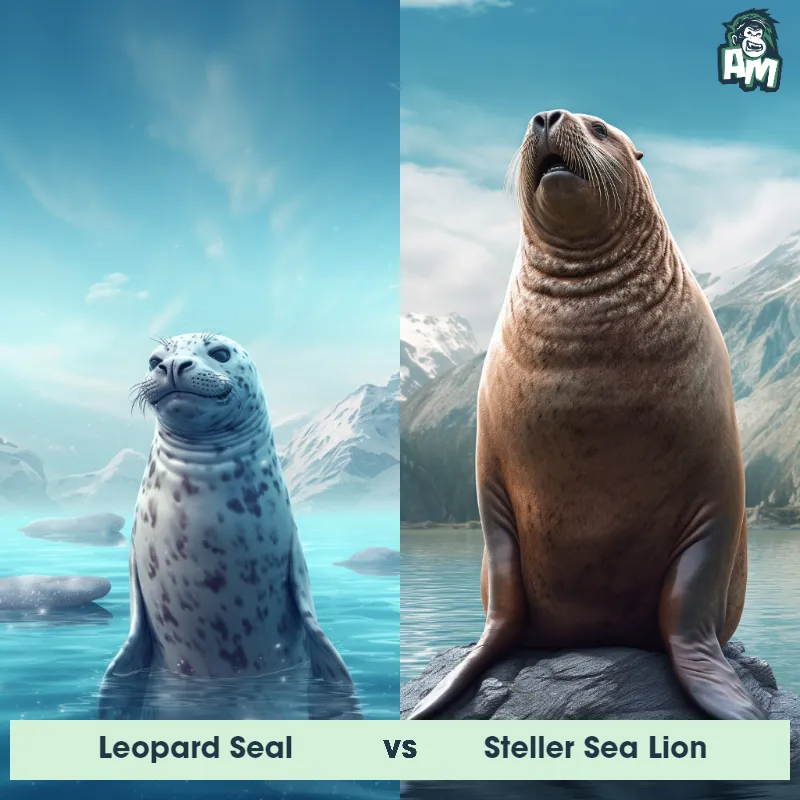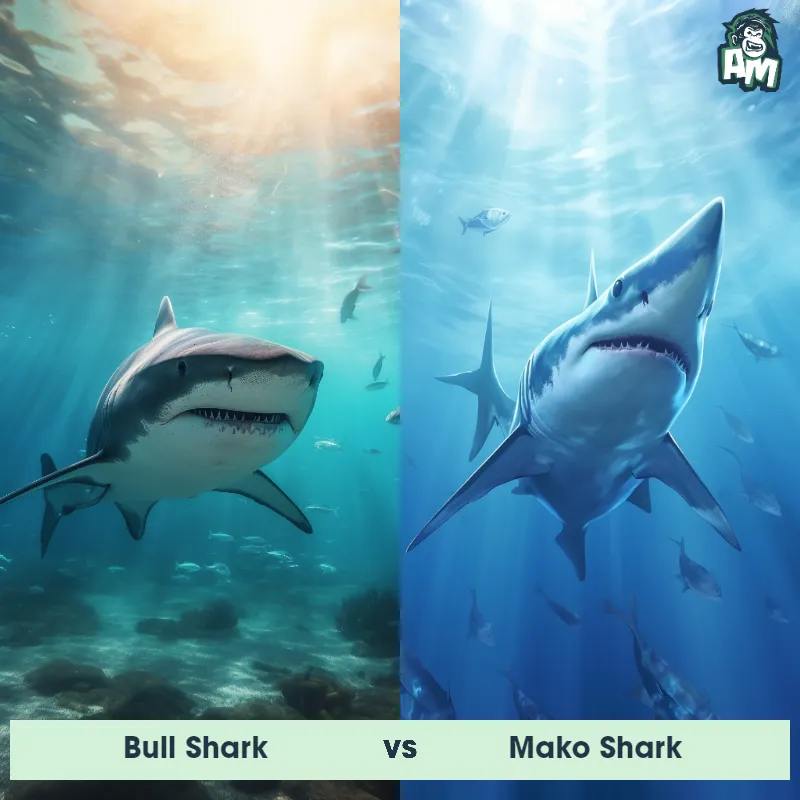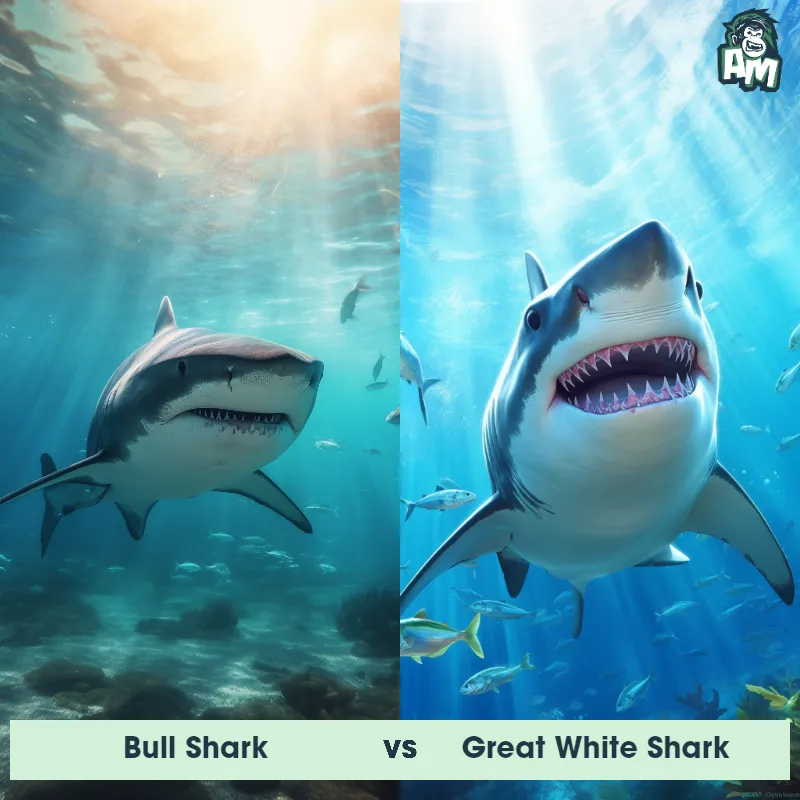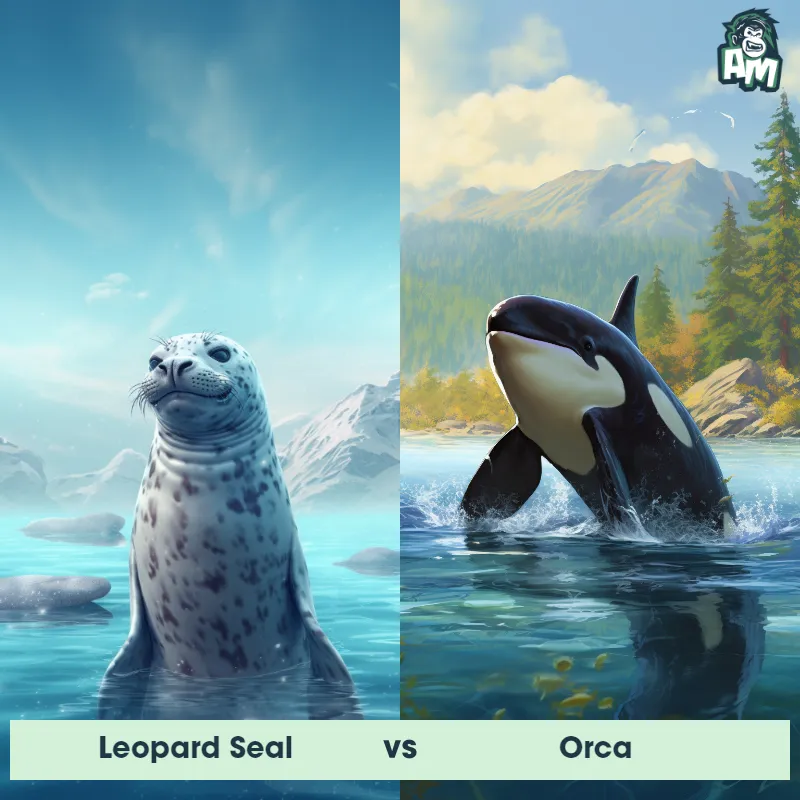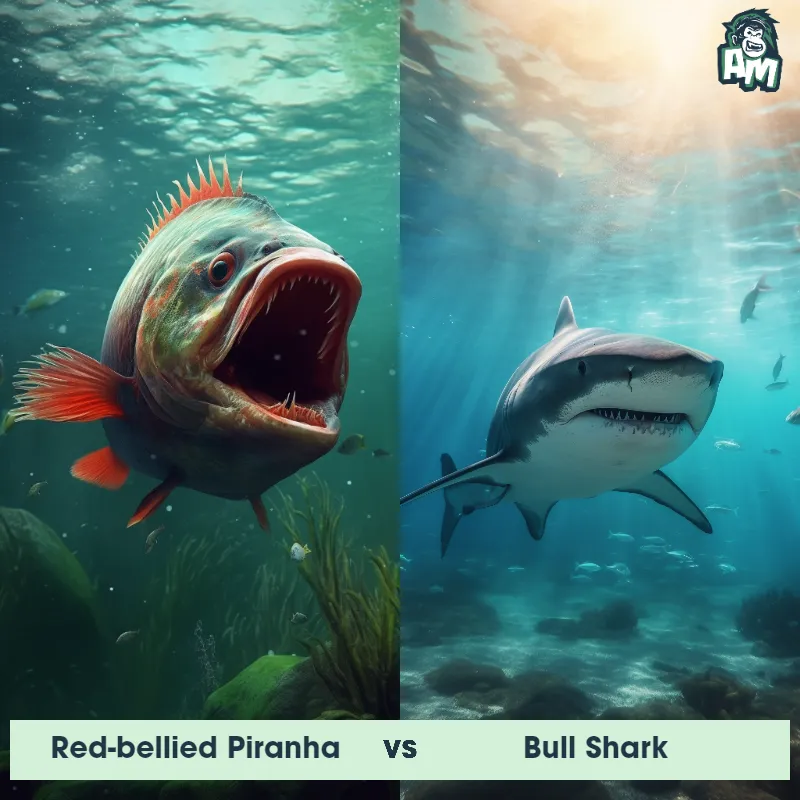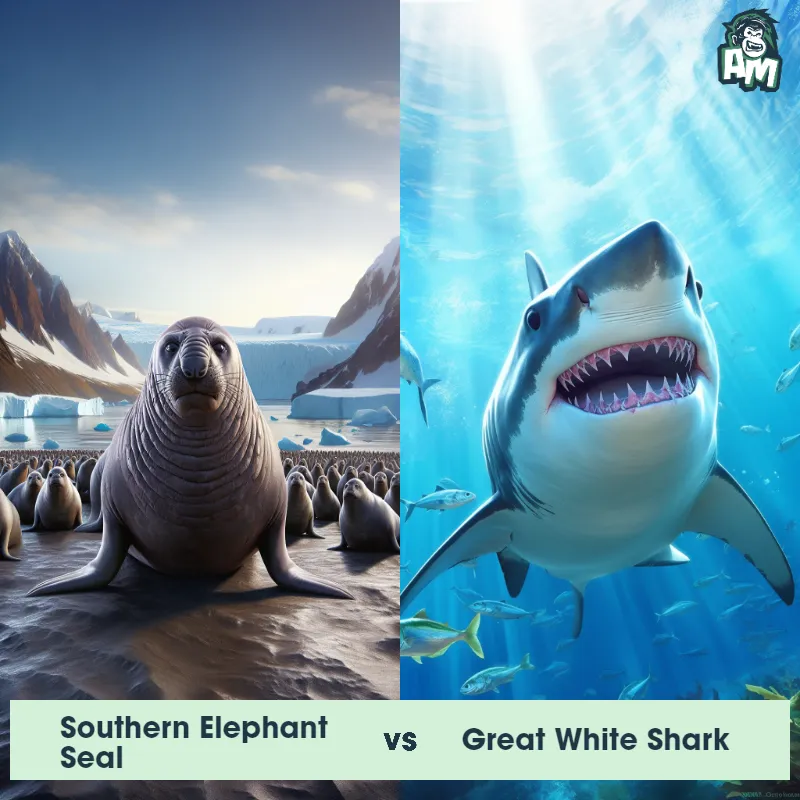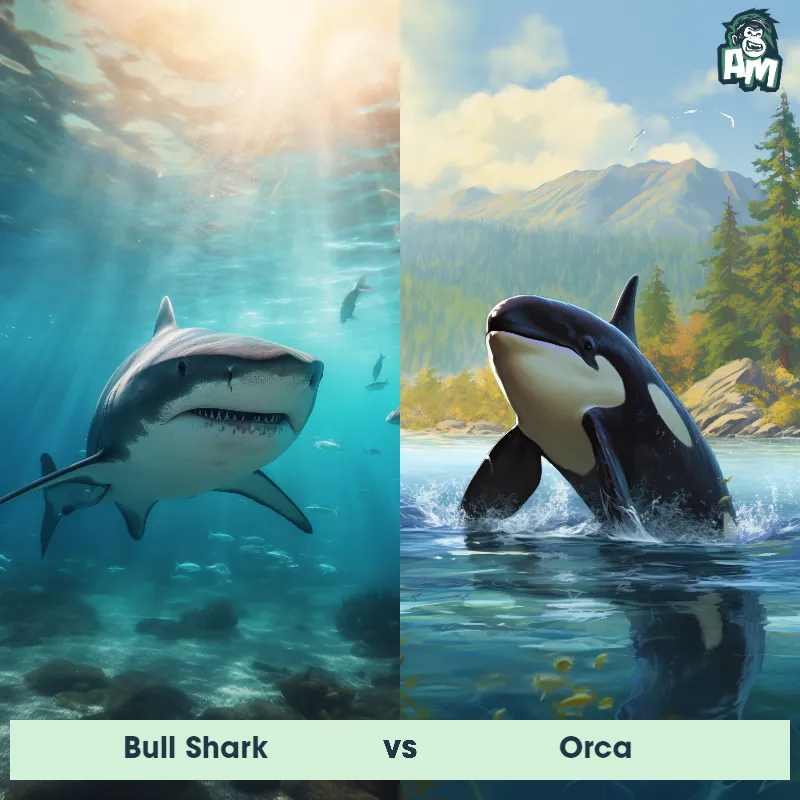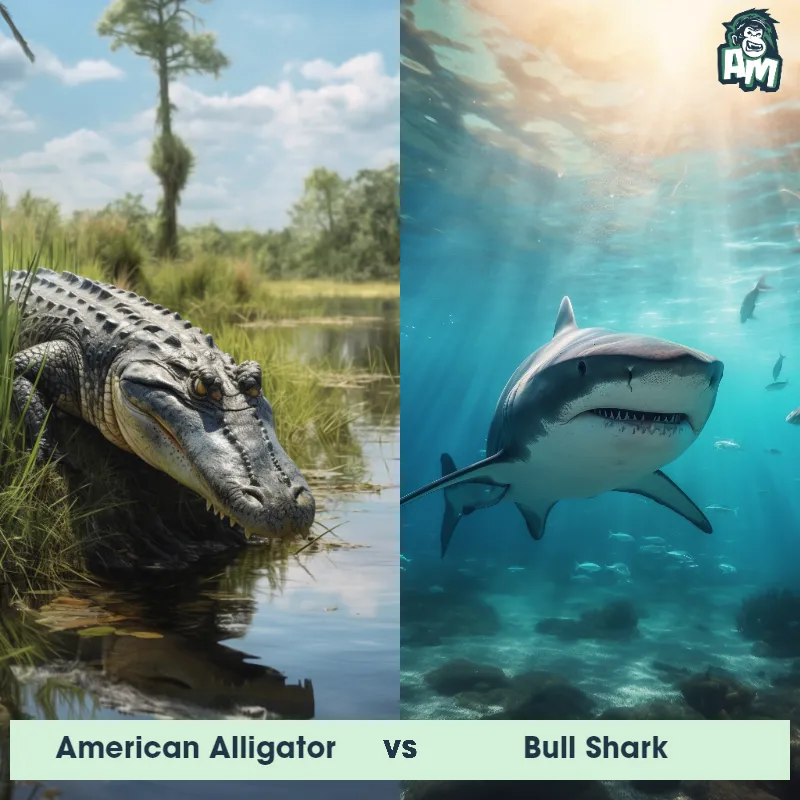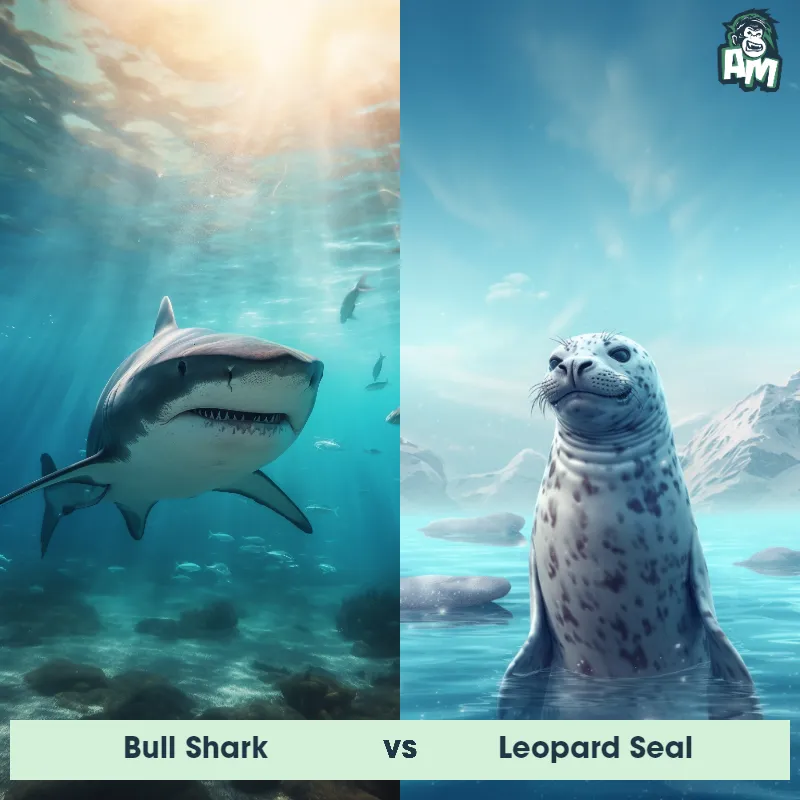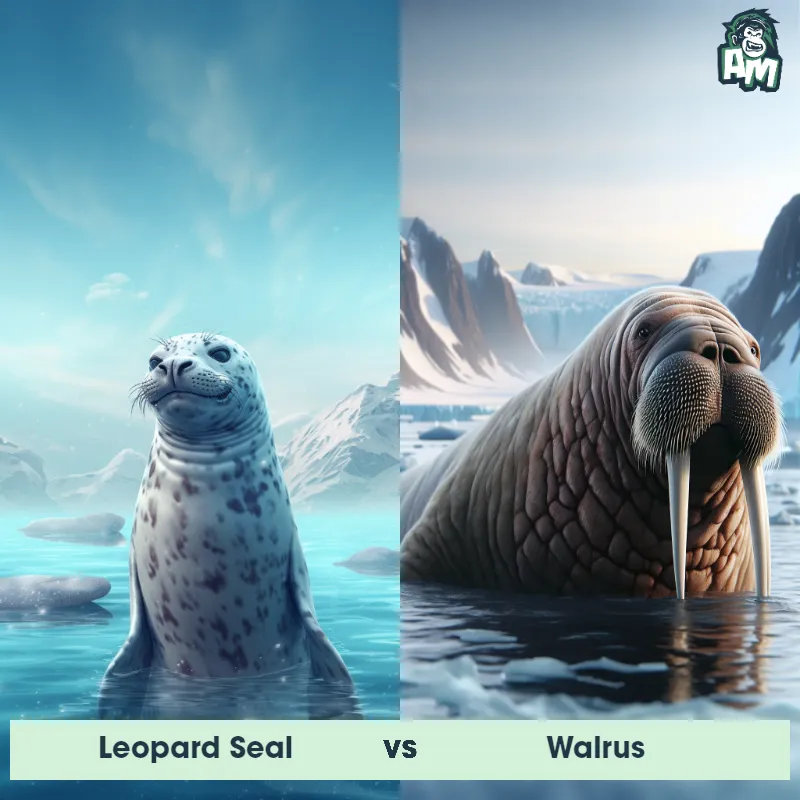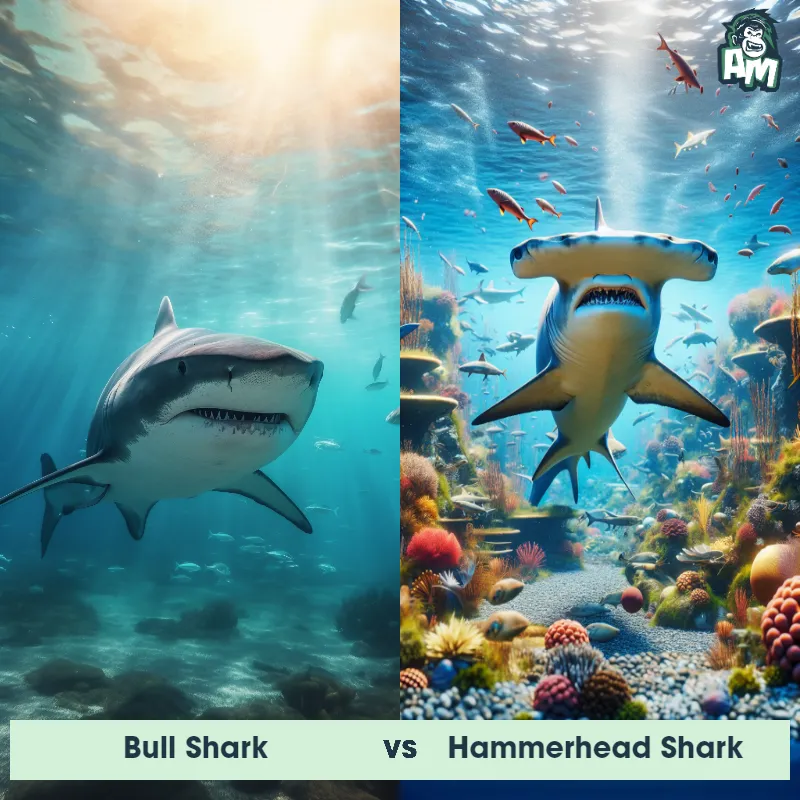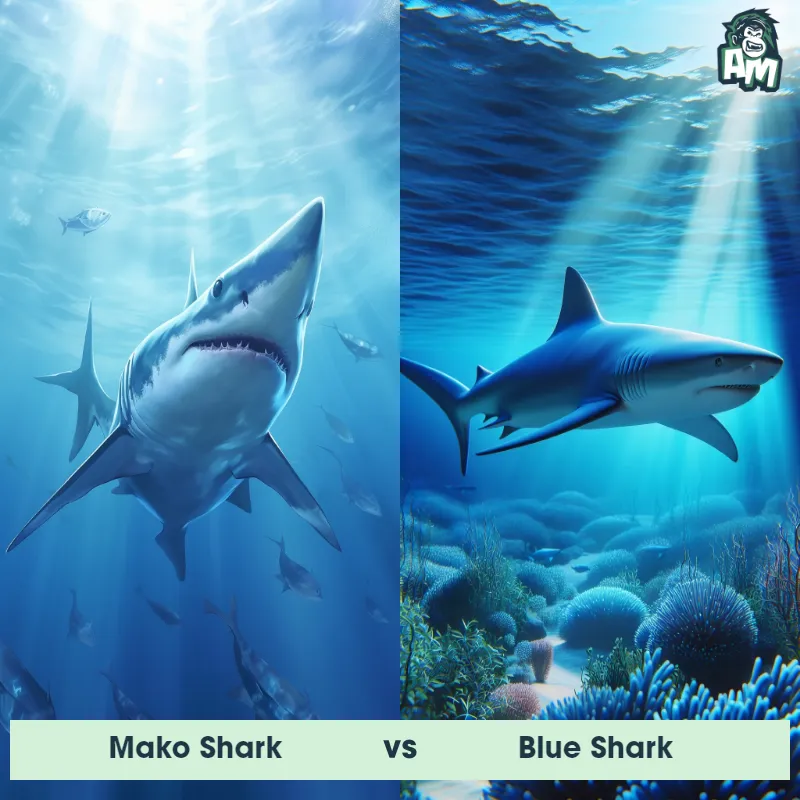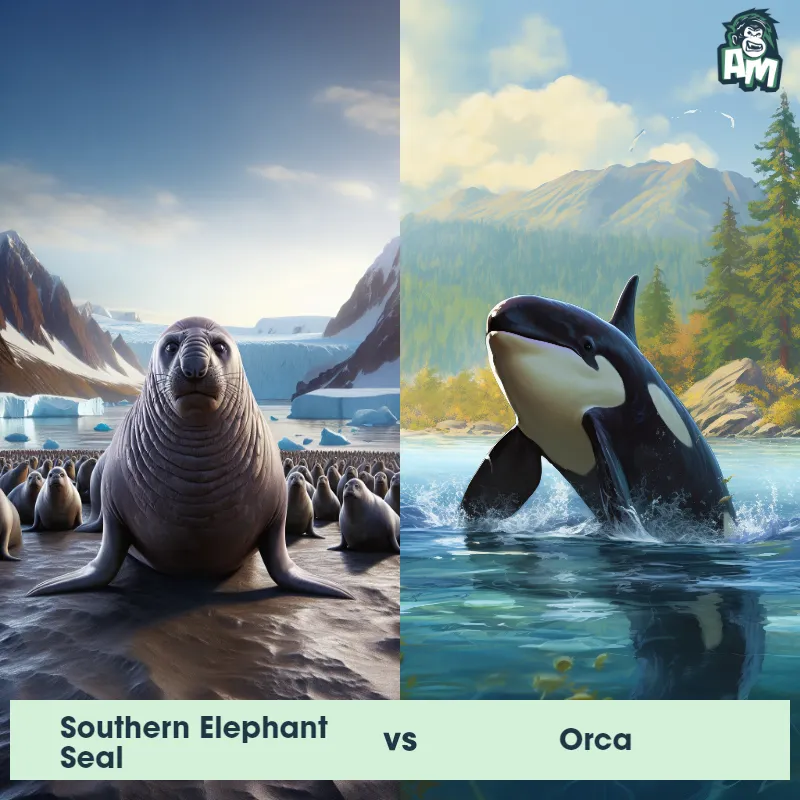Leopard Seal vs Tiger SharkSee Who Wins
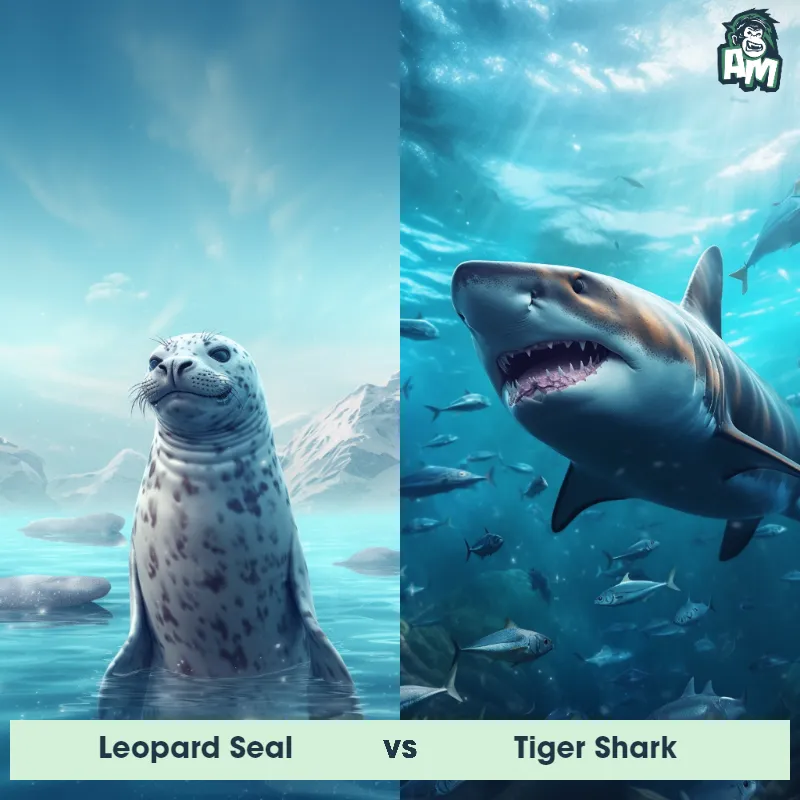
Ladies and gentlemen, welcome to this thrilling matchup between two fierce rivals of the deep blue sea. In one corner, we have the agile and cunning Leopard Seal, known for its stealthy attacks and powerful bite. And in the opposite corner, we have the Tiger Shark, a true predator who commands the waters with its sheer strength and razor-sharp teeth. It's going to be a battle of fangs and claws, so hold tight as we dive into the action!
Contender 1: Leopard Seal
The Leopard Seal, also known as Hydrurga leptonyx, is a large and powerful marine mammal that can be found in the frigid waters surrounding Antarctica. They are easily recognizable by their spotted coat, which is dark gray or black with lighter spots. Leopard Seals have a long, sleek body and a large head with powerful jaws filled with sharp teeth. They are known for their impressive hunting skills and are apex predators in their ecosystem, feeding on a variety of prey including fish, squid, and other seals.
Fun Fact: Leopard Seals are known for their unique vocalizations, which include grunts, growls, and eerie wails that can be heard underwater for long distances.
Contender 2: Tiger Shark
The Tiger Shark, also known as Galeocerdo cuvier, is a large predatory shark that can grow up to 18 feet in length and weigh over 1,400 pounds. It is named for its distinctive striped pattern on its back, which fades as the shark ages. Tiger Sharks have a broad, flat head and powerful jaws filled with serrated teeth that can easily crush through the shells of sea turtles and clams. They are found in warm waters around the world and are known for their voracious appetite and ability to eat almost anything, including garbage and even other sharks.
Fun Fact: Tiger Sharks have a unique hunting strategy where they will bump into their prey before attacking, a behavior known as "bump and bite."
Matchup Stats
| Leopard Seal | Tiger Shark | |
|---|---|---|
| Size | Up to 11 feet (3.3 meters) in length | Up to 18 feet (5.5 meters) |
| Weight | Up to 1,300 pounds (590 kilograms) | Over 1,400 pounds (635 kilograms) |
| Speed | Speed: 25 mph (40 km/hr) | Speed: 20-30 mph (32-48 km/hr) |
| Key Strength | Powerful jaws and sharp teeth | Powerful jaws and teeth |
| Biggest Weakness | None noted | Vulnerable to attacks on the gills |
Current Votes
Leopard Seal vs Tiger Shark
See Who Wins
View More Matches
Looking For More?
Similar Matches
Scientific Stats
| Leopard Seal | Tiger Shark | |
|---|---|---|
| Scientific Name | Hydrurga leptonyx | Galeocerdo cuvier |
| Family | Phocidae | Carcharhinidae |
| Habitat | Marine | Warm waters |
| Geography | Antarctic waters | Found worldwide |
| Diet | Fish, squid, and other seals | Varied, including sea turtles, clams, garbage, and other sharks |
| Lifespan | 12 years - 15 years | 27 years - 50 years |
Key Differences between Leopard Seal and Tiger Shark
- Coloration and markings: Leopard Seal Dark gray or blackish back with a light gray or silver ventral side. Features distinctive spots or blotches on its body. Tiger Shark Dark bluish-gray to greenish-gray back with a light-colored ventral side. May exhibit distinctive vertical stripes on its body.
- Head shape and snout: Leopard Seal Narrow and streamlined head with a long, narrow snout. Tiger Shark Broad and rounded head with a short, broad snout.
- Fin shape and location: Leopard Seal Forelimbs modified into long, narrow flippers used for steering and maneuvering in the water. Hind limbs are absent. Tiger Shark Large and angular pectoral fins located closer to the head, with a distinct dorsal fin that noticeably protrudes from the water when swimming.
- Tail shape: Leopard Seal Long and slender tail with a notch at the end. Tiger Shark Large and powerful tail, roughly symmetrical, without a distinct notch.
- Skin Texture: Leopard Seal Smooth and sleek skin, with a thin layer of blubber underneath. Tiger Shark Rough, abrasive skin, covered in tiny dermal denticles that resemble small, tooth-like scales.
- Body Shape: Leopard Seal Sleek and elongated body with a tapered snout and torso. Tiger Shark Robust and cylindrical body with a broad, blunt head.



